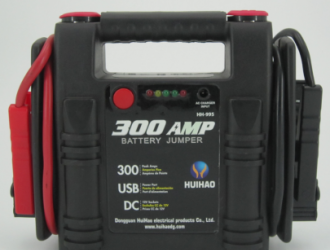Niger has a pleasant climate, rich arable land, and fertile land, which is suitable for agricultural production. Before the discovery of oil, agriculture had a prominent position in Nigeria’s economic development. It was a major contributor to gross national product (GNP), gross domestic product (GDP) and a major source of foreign exchange income. It was also a national food supply, industrial raw materials and industrial raw materials. The main provider of development in other sectors. This has become history. Nowadays, insufficient financial resources for agricultural development and weak profits have severely restricted the development of the industry. A large amount of cheap labor, including skilled and unskilled workers, is urgently to be absorbed and invested in the production of food and industrial raw materials in order to carry out commercial development of agriculture, which is also a prerequisite for entrepreneurship.
Nigeria's comprehensive agricultural development, processing and export fields have unlimited development potential, and rubber planting is one of them. First started with rubber planting. The glue harvested by mature rubber trees can be processed into grade 10 and grade 20 imported natural rubber standard rubber blocks (TSR, Technical Specified Rubber) with considerable profits, whether it is Nigeria’s tires and other rubber products industries, Still, the demand and prices of these two types of natural rubber in the international market are both at a high level. The aforementioned two levels of natural rubber exports have huge profit margins. As far as Nigeria’s current economic situation is concerned, exporters can earn a lot of foreign exchange.
According to the analysis of the China-Africa Trade Research Center, for natural rubber planting and processing, the location of the factory is very important for rubber planting and processing. It needs to be where the raw materials can be regularly, continuously, and easily obtained, so as to reduce transportation costs and as much as possible Reduce production costs and increase profits. Therefore, Chinese companies need to comprehensively consider the location advantages of local rubber resources when establishing rubber processing plants in the local area.
It is understood that the southwestern region of Nigeria has convenient transportation and developed road network, which is suitable for site selection and planting development. In addition to convenient transportation, the natural conditions of the area are also superior, with vast cultivated land suitable for planting, and can provide a steady stream of raw rubber raw materials for rubber processing plants. After acquiring the land, it can be developed into a rubber plantation through purchase, transplantation and planting. In three to seven years, rubber forests will mature for harvesting.








